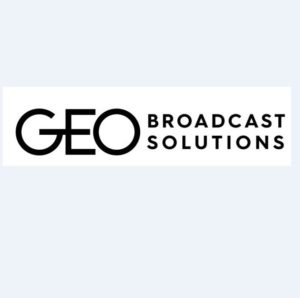
Recently we’ve been reporting on the push by GeoBroadcast Solutions at The FCC to allow FM booster stations to hyper-target communities with local programming and ads. Last month we reported that owners of FM translators wanted in on that action and now The FCC is asking for input
The Commission has released a Public Notice seeking comments on a Petition for Rulemaking filed by the group “Broadcasters for Limited Program Origination.” The group says if The FCC considers allowing FM booster stations to originate limited programming content, the same should go for FM translators. They are asking The FCC to make a uniform rule change that includes both FM boosters and FM translators.
GeoBroadcast Solutions filed its petition on March 13 asking the Commission to permit broadcasters to use its technology called ZoneCasting. If approved the new rule would allow broadcasters to use booster stations to broadcast localized weather and traffic, news, advertising, and emergency alerting during short parts of a broadcast hour.
The NAB supports the GeoBroadcast plan. iHeart, Entercom, Cumulus and Beasley oppose the idea stating the technology could cause listener confusion.
The FCC is accepting comments on the matter through July 23rd.






Let them try it.
If it creates interference inside their target area, they will shut it down voluntarily, might quick.
Probably won’t be cost effective anyway.
Anyone who has worked with FM boosters knows the geotargeting idea is DOA. Absent very specific terrain conditions, the booster and main channel would mutually interfere which would be very apparent with different program sources.
Translator geo-targeting is technically feasible, but from an advertilsing standpoint, I fail to see the point.
Yes, FM translator geo-targeting should be allowed, for a few reasons. First, using HD Radio sub-channel technology, translators already can broadcast different programming than the originating full-power FM.
Second, since boosters and translators are both secondary services, why should there be a difference with geo-targeting between the two?
For listeners, whether it’s the originating full-power FM or a booster or translator, they are all just ‘FM stations’. To them, there is no distinct difference in what they’re hearing.
Finally, in an extremely competitive media environment, radio stations need the same kind of flexibility in their audio broadcasting that the new-generation ATSC 3.0 broadcast TV stations are being given, with the latter’s new and diverse technological offerings. Such flexibility will be an asset to both radio advertisers and the listening public. I see no rationale for not allowing geo-targeting on FM translators.